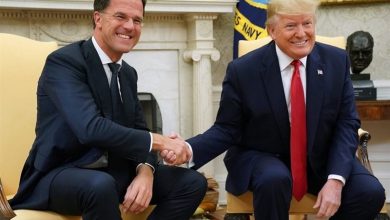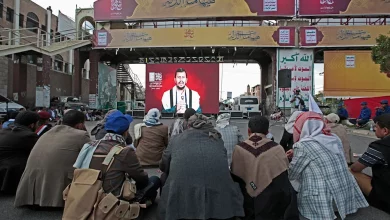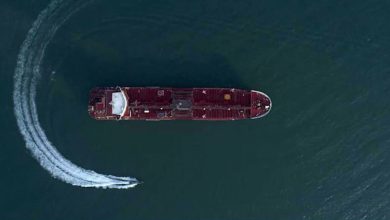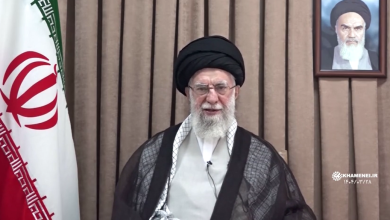Maduro, Lula announce ‘new era’ in Brazil-Venezuela ties, slam US sanctions
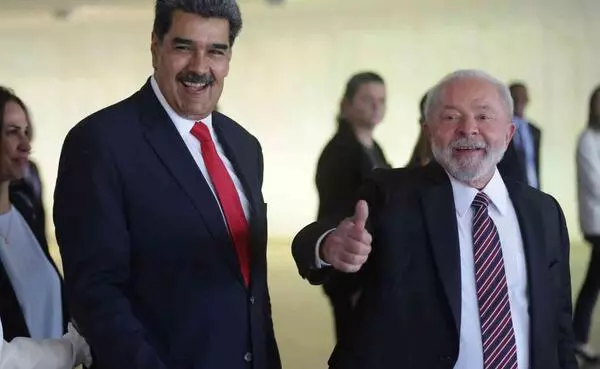
Venezuelan President Nicolas Maduro has visited Brazil on a formal invitation to take part in a South American leaders’ summit, marking a new thaw in bilateral ties despite persisting US efforts to isolate the country.
Maduro hailed a “new era” in relations between Brasilia and Caracas as he met President Luiz Inacio Lula da Silva on Monday ahead of the regional summit, saying, “Brazil and Venezuela must be united, from now on and always.”
Maduro, in his first visit to Brasilia in years, also called for the establishment of a “multipolar” world rather than a global system dominated by Washington.
For his part, Lula also lashed out at American policy towards Venezuela, insisting that “it is inexplicable for a country to have 900 sanctions placed on it, because another country doesn’t like it.”
Lula further vowed on Monday to boost business with Caracas and voiced his support for Venezuela’s accession to a block of emerging-market nations, known as BRICs.
He also hailed the “historic” restoration of ties between the two nations, emphasizing, “This is the start of Maduro’s return, and (Tuesday’s) meeting will be the return of South American integration.”
Brazil had severed diplomatic relations with Maduro’s government under Lula’s far-right predecessor Jair Bolsonaro, who maintained close ties with Washington and backed its brutal bans against Venezuela.
The oil-rich Latin American nation began going through a downward spiral of economic troubles in 2018, when the West, led by the US, and its favored Venezuelan opposition contested Maduro’s victory in the presidential election.
Following the election, Western countries began slapping Caracas with a slew of backbreaking sanctions, which have been responsible for spawning the dire economic situation in the country.
More than 7.1 million Venezuelans, as UN estimates show, have left their country and migrated to other Latin American countries or the United States amid Venezuela’s high inflation as well as food and medicine shortages following Washington’s crippling sanctions.

